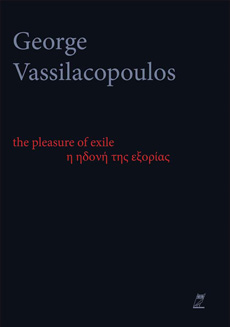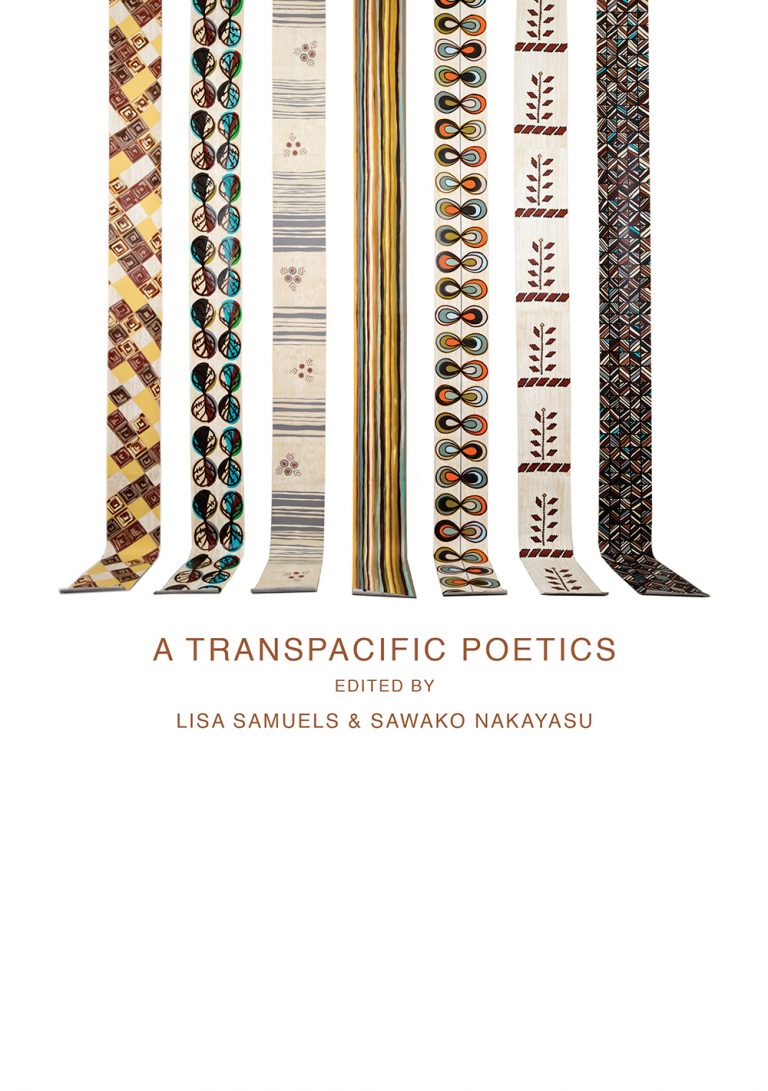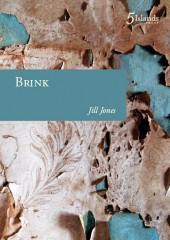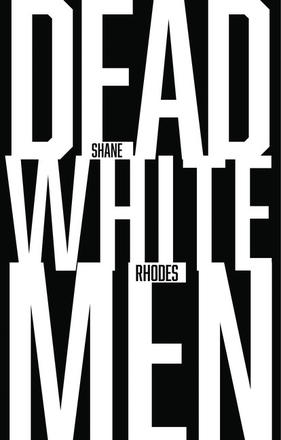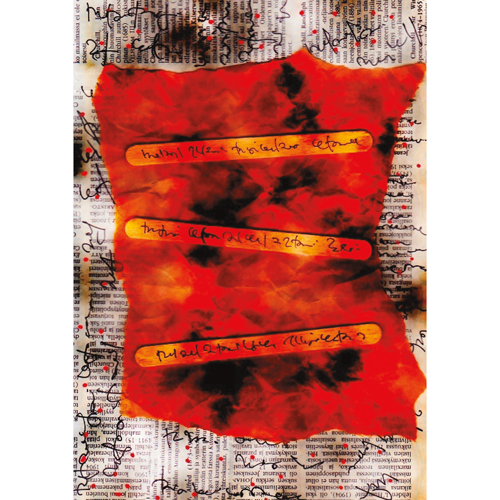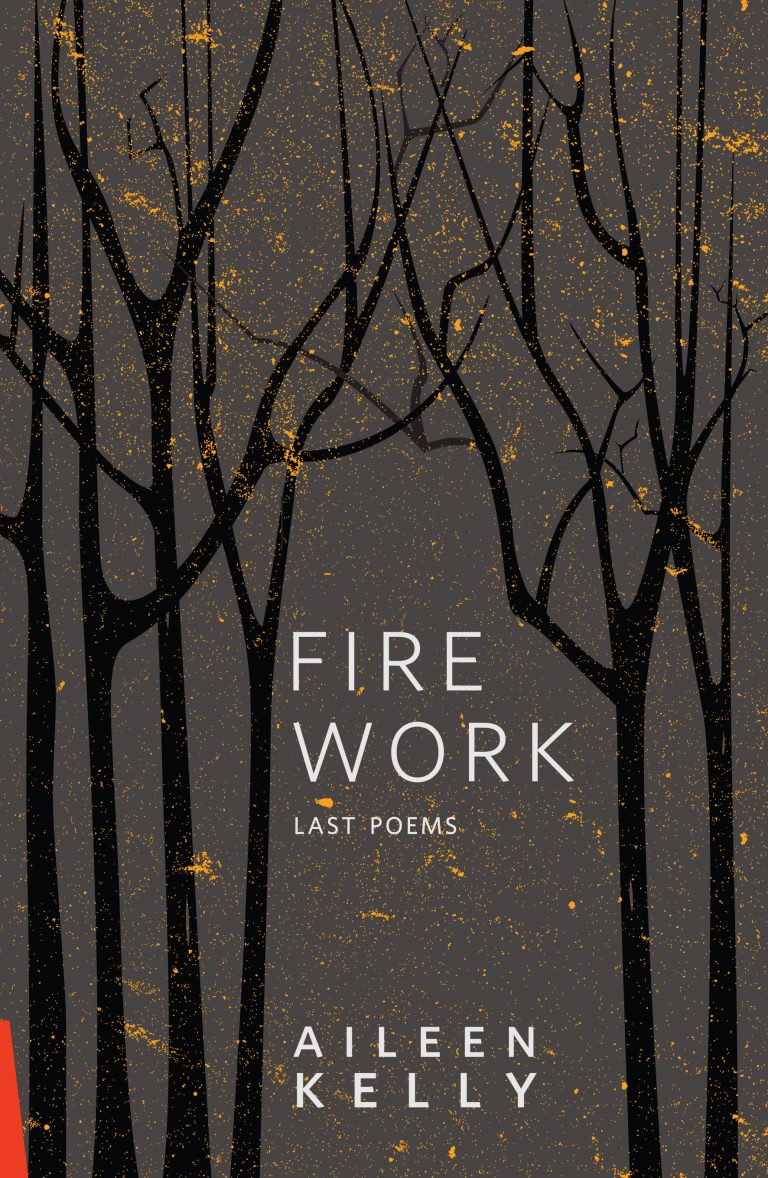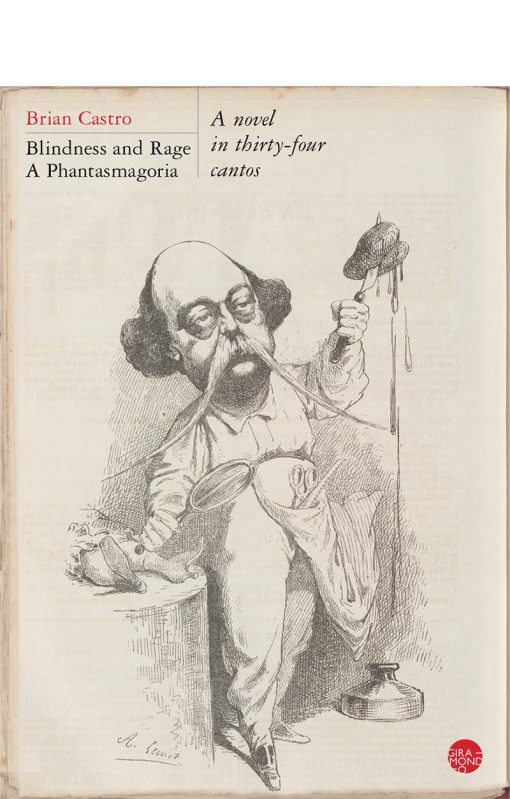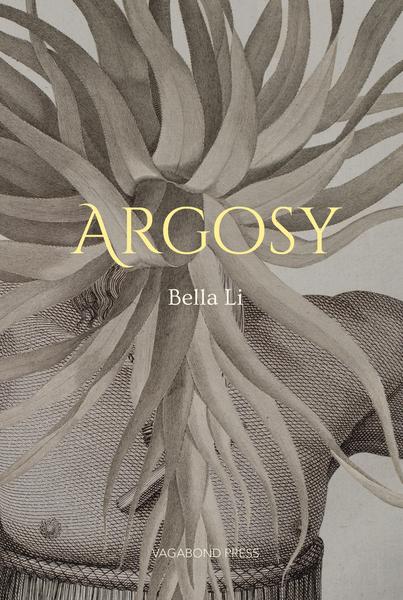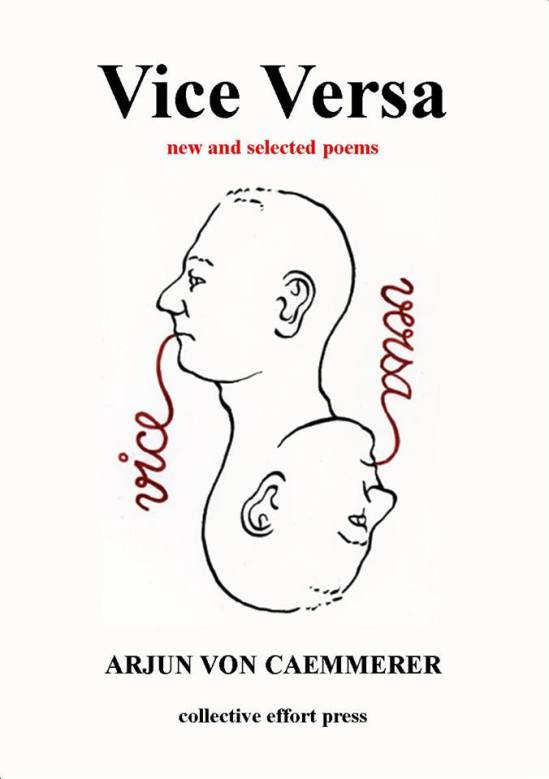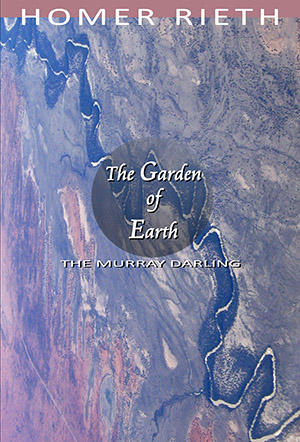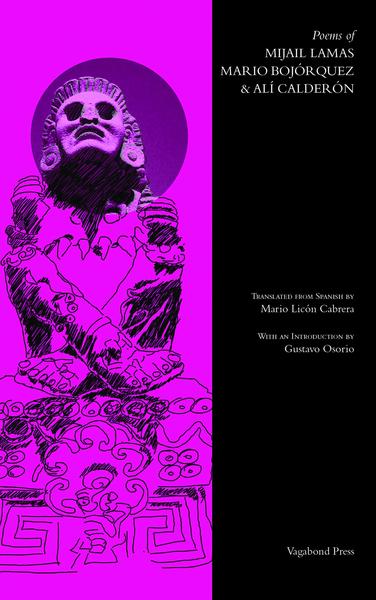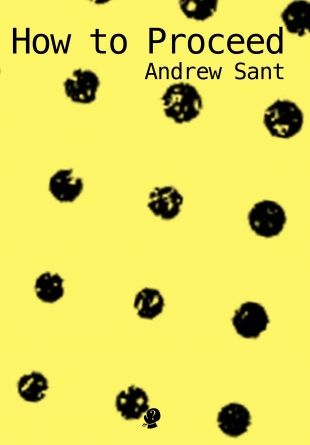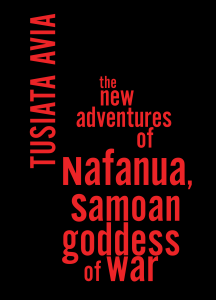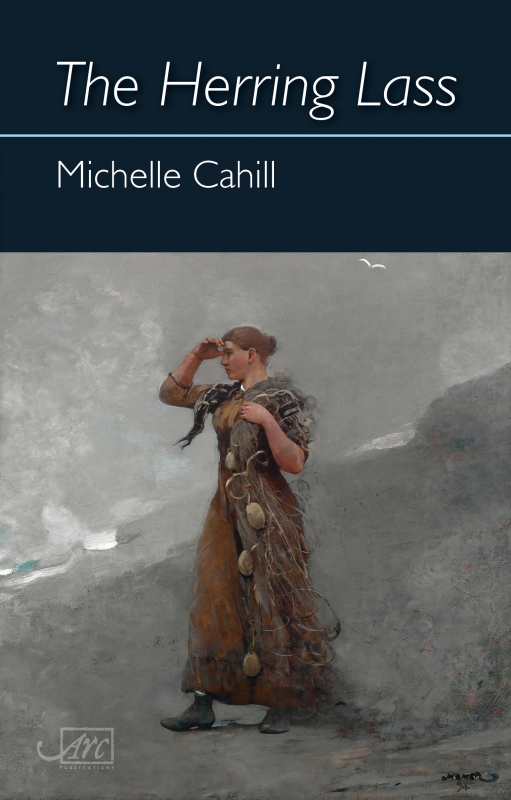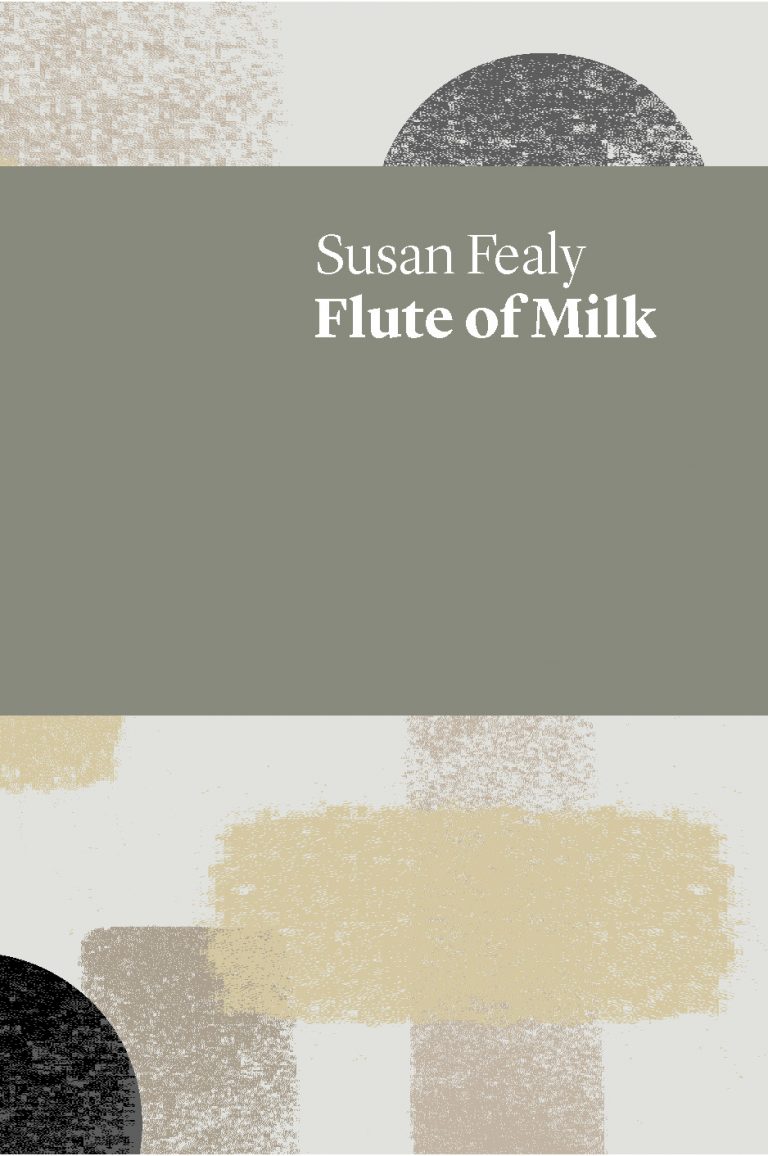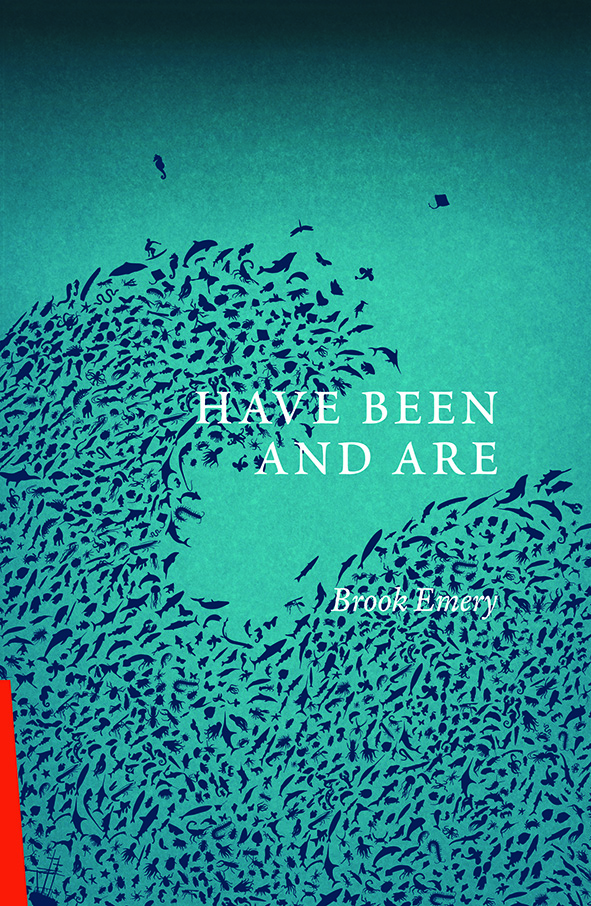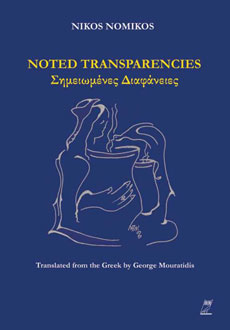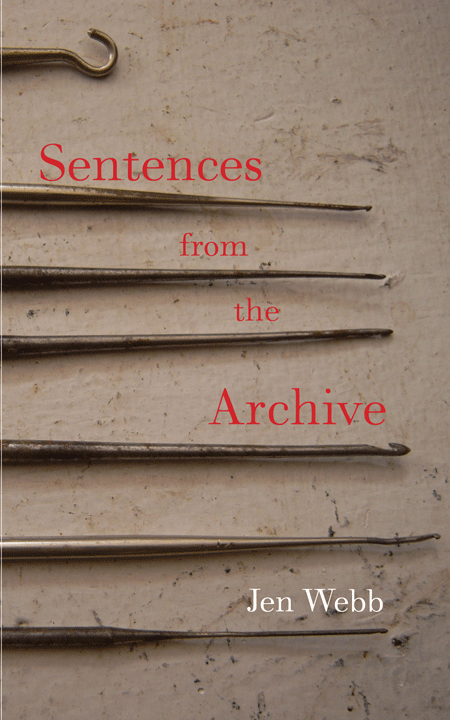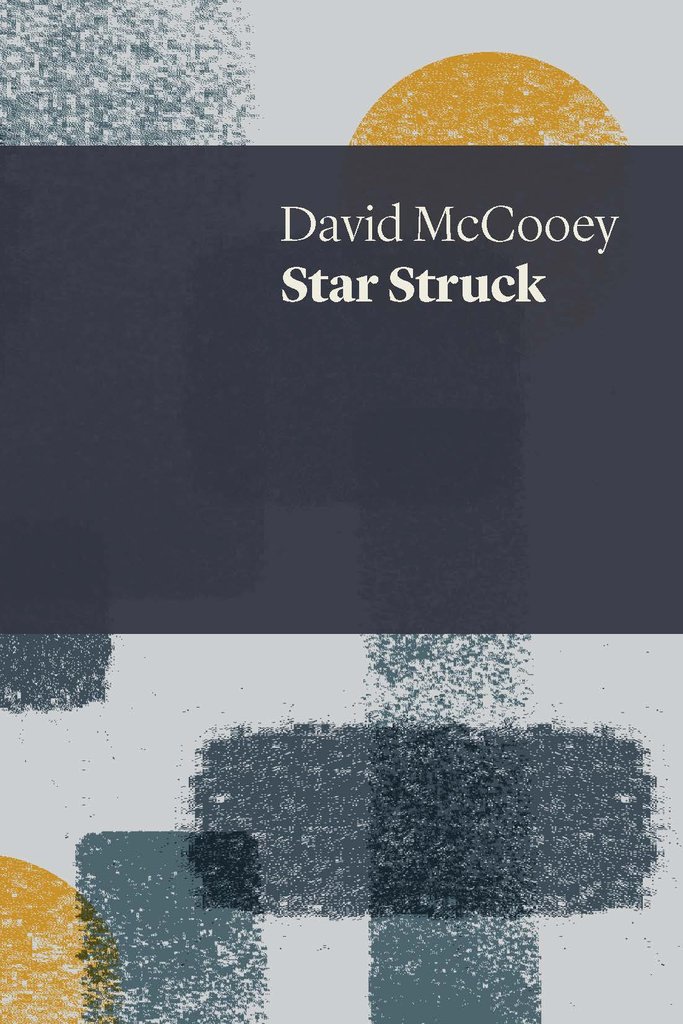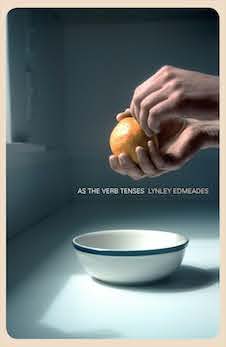BOOK REVIEWS
Alex Kostas Reviews Dina Amantides, Anna Couani, Zeny Giles, George Vassilacopoulos, Erma Vassiliou and Dimitris Troaditis
Owl Publishing is an independent press founded in June 1992 by Helen Nickas, a former lecturer in Greek Studies at La Trobe University. Owl’s overarching purpose is to publish a selection of literary works by Greek-Australians in pursuit of more diverse Australian literature, and it is run as a not-for-profit undertaking.
Owen Bullock Reviews A Transpacific Poetics
Lisa Samuels’s introductory essay, ‘What Do We Mean When We Say Transpacific’, begins with a quotation from Pam Brown that is particularly well-chosen for this volume. Brown claims that the ‘authentic’ pertains to someone who isn’t manipulated or being alienated from their context. There’s a good deal in this book about alienation relating to identity and culture; many of the authors have had to fight to preserve authenticity.
Review Short: Jill Jones’s Brink
It’s a neat twenty-five years since Jill Jones’s first book, The Mask and the Jagged Star, was published and in that time she has built for herself a reputation as a serious and ambitious poet whose work demands, and generally rewards, close reading. She is certainly not a poet of easy gestures or flashy effects.
Review Short: Shane Rhodes’s Dead White Men
From the title of Shane Rhodes’s collection Dead White Men, we know we are in fraught if familiar territory. Those men are the subjects to be critiqued, argued with, taken down in light of today’s history.
Signs from Asemia: Yasmin Heisler Reviews asemic 15
I was at a tram stop recently when a woman walked past wearing a black dress. There were short white threads sewn onto the material. Each thread was stitched leaving the ends to dangle. These dangling ends reacted to her movement and the gusts of wind, forming individual character-like shapes. I found myself mesmerised, particularly because I had been asked to write this review, and was contemplating the meaning of asemic.
Review Short: Aileen Kelly’s Fire Work: Last Poems
This is the last collection by a major Australian poet, and it is a firework in the tightness and effervescence of its poems. Like Aileen Kelly’s previous book, The Passion Paintings: Poems 1983-2006, it concentrates the work of many years.
Review Short: Brian Castro’s Blindness and Rage
Blindness and Rage is the latest addition to an oeuvre that has established Brian Castro as a prodigy of hybridity. Castro’s heritage (Portuguese, Chinese, and English) is as uniquely mixed as the generic categories of his work, such as the blend of fiction and autobiography that won him such acclaim in Shanghai Dancing (2003).
Kate Middleton Reviews Bella Li
Bella Li’s Argosy offers readers a book of real adventure: the adventure of form, and a challenge to our sense of what shapes a narrative. This work is fundamentally hybrid: amid short texts and textual sequences that may be termed prose poems, or micro-essays, or short short fictions, Li intersperses works of collage and photography.
Review Short: Arjun von Caemmerer’s Vice Versa: New and Selected Poems
Tasmanian poet Arjun von Caemmerer’s Vice Versa: New and Selected Poems (Collective Effort, 2016) is a chronological selection from an oeuvre that spans publications from Two’s Kisses (1992) to Recombinants (2015).
Review Short: Homer Rieth’s The Garden of Earth
You could be forgiven for thinking that ‘Australia’ was simply this place, rather than an imagined community. It is of course not only a phantasm or a figment that is whole, but also real and divisible.
Gabriel García Ochoa Reviews Poems of Mijail Lamas, Mario Bojórques & Alí Calderón
This second volume in the series, Poems of Mijail Lamas, Mario Bojórquez & Alí Calderón, focuses on contemporary Mexican poetry. It is translated by Sydney-based, Mexican-born Mario Licón Cabrera, a seasoned poet and translator. Licón Cabrera translates into both English and Spanish.
Review Short: Andrew Sant’s How to Proceed
The text is made up of sixteen essays, all adopting varied and general concerns, tracing a literary pilgrimage of ordinary experiences in mundane settings, from personal anecdotes of a bridge tower conductor in ‘On Employment’, to the dilemmas of commitment in ‘On Marriage’ and terminating in ‘On Curiosity’.
Review Short: Tusiata Avia’s The New Adventures of Nafanua, Samoan Goddess of War
Samoan-New Zealand poet and performer Tusiata Avia explores the intricate fate history and myth have sent her way in The New Adventures of Nafanua, Samoan Goddess of War. This slim volume is divided into two parts: the Nafanua poems, followed by lyrics gathered under the subtitle ‘How I Came into this World’.
Review Short: Michelle Cahill’s The Herring Lass
Michelle Cahill is well-known to contemporary Australian readers as a poet, editor and fiction writer. She is the winner of the 2017 UTS Glenda Adams Award for New Writing (one of the NSW Premier’s Literary Awards), the Val Vallis Award, and the Hilary Mantel International Short Story Prize, and has been shortlisted for other major prizes.
Review Short: Susan Fealy’s Flute of Milk
Award-winning Melbourne poet Susan Fealy’s first full-length collection is an engrossing and richly resonant volume, one that – like all good artworks – reveals greater connective complexity with each subsequent encounter. The work is divided into two parts, with section one’s epigraph drawing the first sixteen poems into a meaning formation that takes off from a Louise Glück work.
Review Short: Brook Emery’s Have Been and Are
Brook Emery’s new collection, Have Been and Are, continues in the vein of what might be called philosophical-demotic established in previous volumes such as Uncommon Light and Collusion. I don’t think that anyone else in the cohort of contemporary Australian poetry does this quite as well as he does.
Deconstructing Decolonisation: Victor Questel’s Collected Poems
For those unfamiliar with the Caribbean context, a pan man is a pan (‘steel drum’) player, and a mas’ man’ is a participant in the masquerade. They are key figures in the annual Trinidad Carnival: a festival which creolised the quasi-pagan, pre-Lenten festivities of the white plantation class in the slave era and Canboulay (French Trinidadian Creole for ‘cannes brulées’, or burnt cane), a celebration at least as old as emancipation (1834), in which those who had been enslaved re-enacted the rounding up of slaves that occurred when sugar cane illicitly had been burnt.
Review Short: Nikos Nomikos’s Noted Transparencies
Honest and intimate, transparency is the term and practice giving Nikos Nomikos’s Noted Transparency (or Σημειωμένες Διαφάνειες, pronounced ‘Simiomenes Diafaneies’) its immediate impact. Born in Alexandria, Egypt in 1934, Nomikos has published nine poetry collections, with Noted Transparencies the later work of a mature artist.
Review Short: Jen Webb’s Sentences from the Archive
Jen Webb’s small volume, Sentences from the Archive shows the sorts of things well-executed prose poems can and should do. Webb’s prose poems feel like they’re written in one long line, the rhythm lilting like everyday speech, then catching in the throat when the implications of an observation reveal themselves to their creator.
Chloe Wilson Reviews David McCooey
At first, David McCooey’s Star Struck appears to be a collection comprising four sections, each self-contained and corralled from the others. These sections range from a series of lyric poems meditating on a ‘cardiac event’, to poems investigating light and dark, a sequence of eighteen ‘pastorals’ on pop stardom (and fandom) and, finally, two longer narrative poems.
Review Short: Lynley Edmeades’s As the Verb Tenses
As the Verb Tenses is a rare debut collection of poems that dazzles and delights with a profane, childlike wisdom. Acts of movement and play energise an accomplished performance held together by rare precision and a gentle power.
Jen Jewel Brown Reviews Dig: Australian Rock and Pop Music 1960-85
Isn’t it time we invented a new handle for this ‘rock and pop’ stuff? ‘Rop’, for instance? Alternatively, ‘pock’ surely says ‘acne moonscape’: good for sounds designed to lure teens with condom-snapping haste. Regardless, I must say the droll and often delightfully irritated David Nichols brings a savoury palate to this tasting of Australian sounds.
Rachael Mead Reviews Stuart Cooke
Cooke has long been uneasy with the label of ecopoet, as he mentioned in a 2014 interview for Peril Magazine. While his previous collection, Edge Music (2011), focused on writing from the geographical and historical edges of landscapes, Opera pushes beyond an attempt to speak ecologically.
Review Short: Eileen Chong’s Painting Red Orchids
In his short story ‘A Little Ramble’, champion of the anti-heroic Robert Walser says, ‘We don’t need to see anything out of the ordinary. We already see so much’. In her third collection, Painting Red Orchids, Singaporean Australian Eileen Chong testifies to ordinary experience as the sensory and emotional kaleidoscope of the individual.

